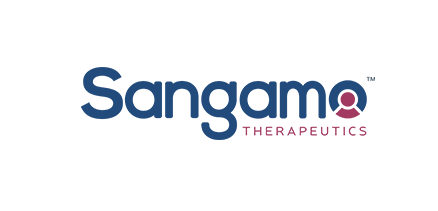IBT-investee Sangamo set to disclose gene edited drug data
US biotech Sangamo Therapeutics (Nasdaq: SGMO), a mid portfolio but recently enlarged holding for the UK-listed International Biotech Trust (IBT), is set to report the first clinical data from its SB-913 in vivo genome edited therapeutic for Hunter syndrome, at a scientific conference later this week.
Sangamo will present interim results from its “Champions” Phase I/II trial of SB-913 at the Society for the Study of Inborn Errors of Metabolism on 5 September and has scheduled a analyst call to review the data immediately afterwards, suggesting the disclosure could be an important catalyst for the stock (the company’s stated policy has been that it would not disclose data until they were “meaningful”). However, sell-side expectations are running high and there are some suggestions it could prompt a share price rise of as much as 50% – or a fall of perhaps 20% – depending on the strength of the data. Sangamo’s stock has already risen by 40% in August in anticipation of the disclosure, although at $18.25/share it is still some 30% below the 52-week (and all-time) high reached in March this year at the peak of interest in gene editing stocks.
Hunter syndrome, also known as mucopolysaccharidosis type II (MPS II), is caused by mutations in the gene encoding iduronate-2-sulfatase, which is needed to break down glycosaminoglycans. The condition, which primarily affects males, causes developmental delays, reduced mobility and cognitive decline. SB-913 is a gene therapy produced with Sangamo’s zinc finger nuclease genome editing technology whereby an AAV vector is used to insert a corrective IDS gene into the DNA.
Sangamo has three different dose levels in the 9-patient study and is expected to report plasma IDS and urine GAG reduction, as markers of activity, in at least one and perhaps more of the cohorts. if so, analysts are hoping for a dose response that suggests it could ultimately achieve 20-30% of normal enzyme activity. Expectations for lower dose cohorts are probably in in the low single digit range. In February, Sangamo reported encouraging safety data from two patients given the lowest dose, and its shares climbed 12.5%.
It is important to note that patients in the trial continue to take enzyme replacement therapy, which has been shown to improve walking distance but cannot cross the blood-brain barrier, so cannot affect cognition.
